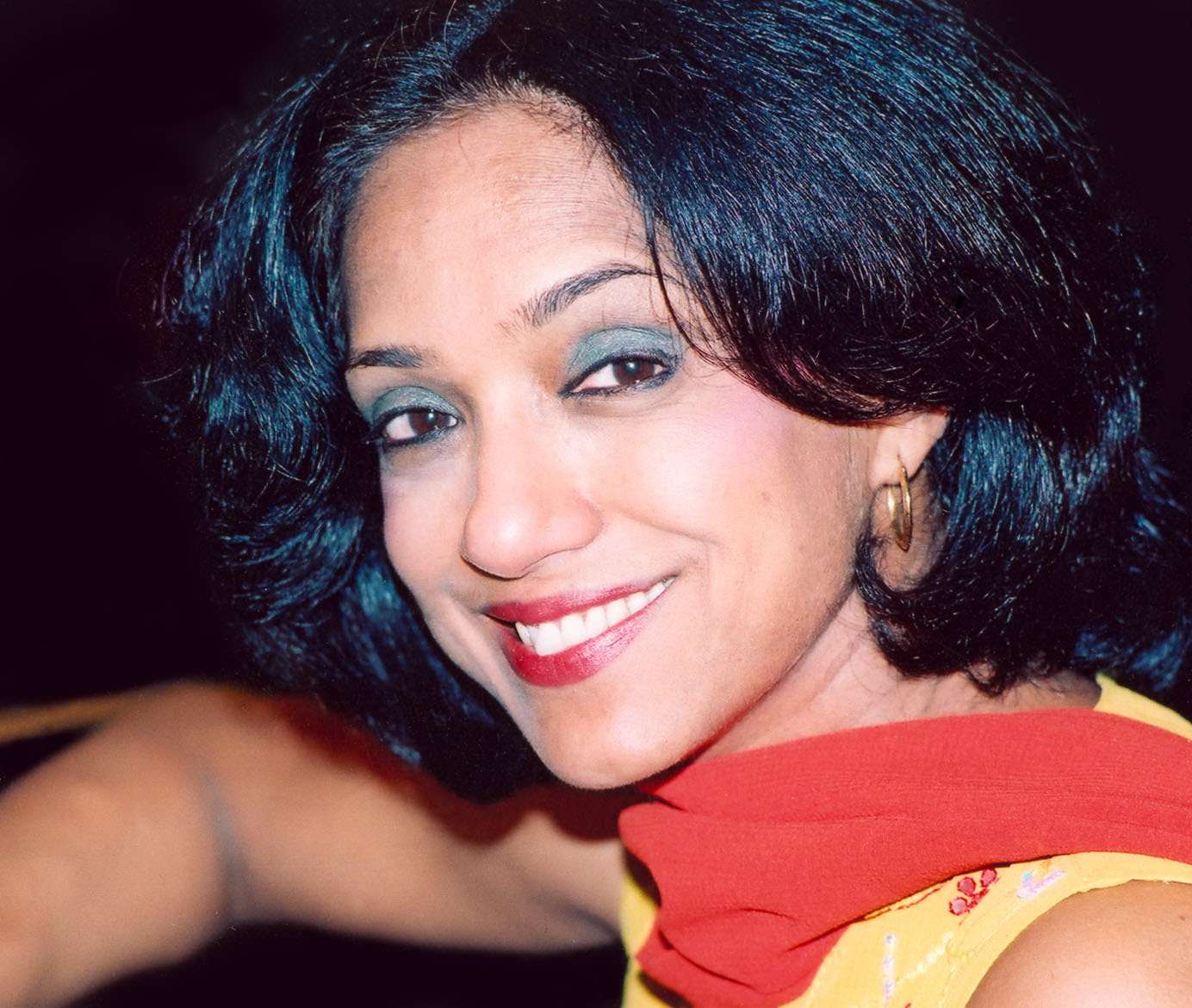|
Back
Voice, Flute, Violoncello – and the Female Soul Vienna
Musikverein, Magna Auditorium
06/12/2012 -
Gioacchino Rossini/Sepp Tatzel: Ich bin das Faktotum
Tomasz Skweres: Gebet, Direkt
Piotr Skweres: tango per tre
Hermann Reutter: Der Tanz
Francis Poulenc: Sonata for flute and piano: Presto giocoso
Modesta Bor: Triptico sobre poesia cubana
Roman Pawollek: Aquarell
Emmerich Kálmán: Gräfin Mariza: “Höre ich Zigeunergeigen”
Ulrike Sych (voice), Jenifer Lary (voice), Tomasz Skweres (violoncello), Zi Wan Breidler (flute)
Marialena Fernandes (piano, presentation) 
M. Fernandes (© J. Batiwalla)
In 2007 Mumbai-born pianist Marialena Fernandes initiated the concert series “uno.due.tre” at the Vienna Musikverein. The original concept of the series was to introduce members of a trio as soloists (“uno”), then in duo formation (“due”) and finally as a trio (“tre”). It was conceived as platform for young, emerging artists from the Vienna Music University, where Prof. Fernandes teaches chamber music. For the final concert of “uno.due.tre’s” 5th season at the Musikverein, the focus was on voice, flute and violoncello. But it wouldn’t have been a program curated by Marialena Fernandes, if there wasn’t another thread hidden in the carefully woven program. When soprano Ulrike Sych, spokesperson for women’s rights at the Vienna Music University, came onstage to perform a humorously altered, German version of Rossini’s “Largo al factotum” it became obvious: this program was about the female soul.
Composer/cellist Tomasz Skweres might have been the only male performer, but his Gebet (“Prayer”) for violoncello and voice showed deep compassion for moral constraints women can be submitted to. Young soprano Jenifer Lary demonstrated remarkable maturity singing this emotionally and musically challenging piece. Piotr Skweres, the elder brother of Tomasz, and a composer/cellist as well, belongs to a composer generation rediscovering tonality. His tango per tre for flute, violoncello and piano began fragmentarily. Bar by bar the instruments got more into line without ever really merging. Zi Wan Breidler, Tomasz Skweres and Marialena Fernandes coaxed fascinating new sounds out of their instruments.
Hermann Reutter’s Der Tanz (“Dance”), written in 1953 on a poem by Federico García Lorca, is a somewhat disturbing take on aging women. Jenifer Lary, accompanied by Marialena Fernandes, once again demonstrated her keen insight into text and music. Flutist Zi Wan Breidler seamlessly took over where Jenifer Lary left off and performed the 3rd movement of Francis Poulenc’s Sonata for Flute and Piano with verve. Both pieces were interestingly related in rhythm and idiom.
It was back to the traditional role of women with Modesta Bor’s Triptico sobre poesia cubana, sensitively performed by Ulrike Sych and Marialena Fernandes. Bor, a student of Aram Khachaturian, was a leading figure in music education in her native Venezuela. Roman Pawollek’s Aquarell for flute and violoncello was probably the most accessible of the new works. With the cello “scordato” – the strings tuned to a, d, A, and A1 – the work explored overtones. Zi Wan Breidler and Tomasz Skweres achieved a fine painting from these watercolors. Tomasz Skweres, in contrast, used bold colors in oil for his trio for flute, violoncello and piano Direkt. Underlying this expressive, at times brutally straightforward “direct” work was a poem on the 14th psalm, written by the composer himself.
Emmerich Kálmán’s “Höre ich Zigeunergeigen”, performed in authentic operetta style by Ulrike Sych, was in stark contrast to the lugubrious work by Skweres. But the confrontation was intended: one listened to the music with different ears and mindset.
Of the 5 performers only one was born in Vienna: nevertheless all 5 joined forces to pay tribute to their adopted hometown Vienna with a heart warming rendition of the Viennese evergreen Wien, Wien nur Du allein. The series will resume in the fall of 2012 in the Magna Auditorium of the Musikverein. Maybe next time with a composition by a contemporary female composer?!
Musikverein Vienna
Wiebke Kuester
|